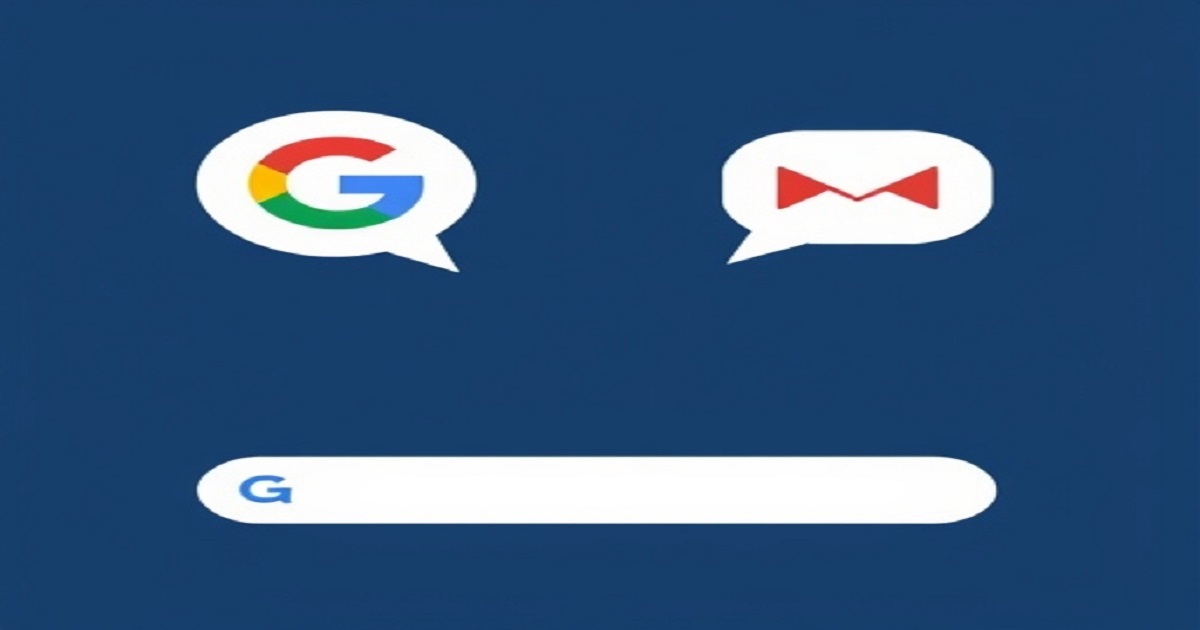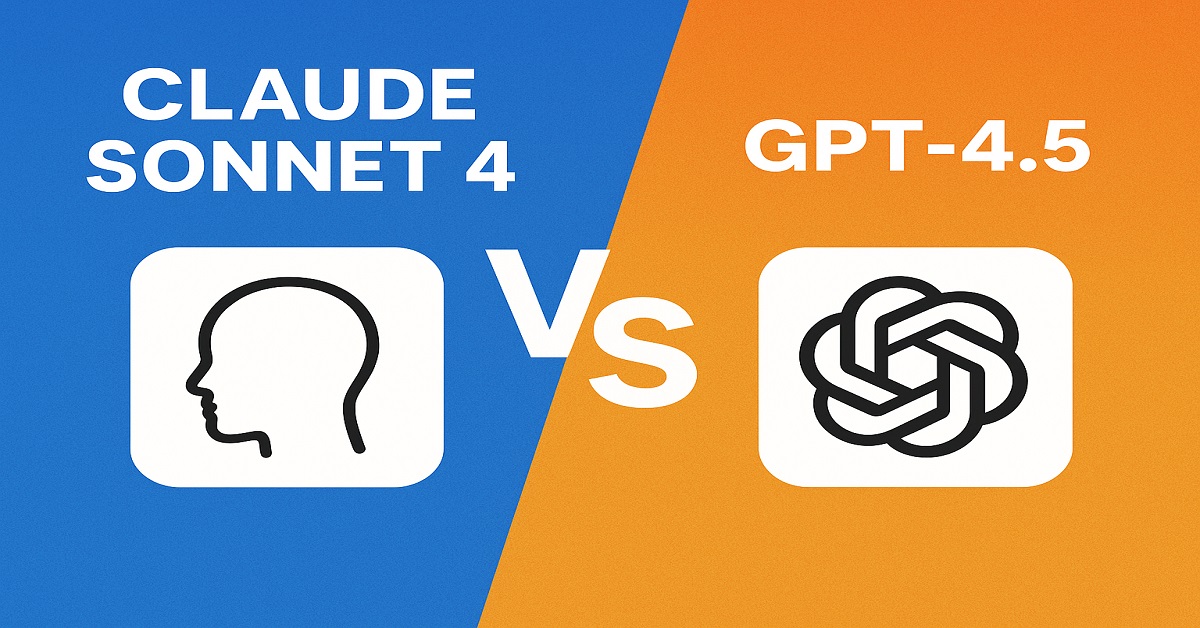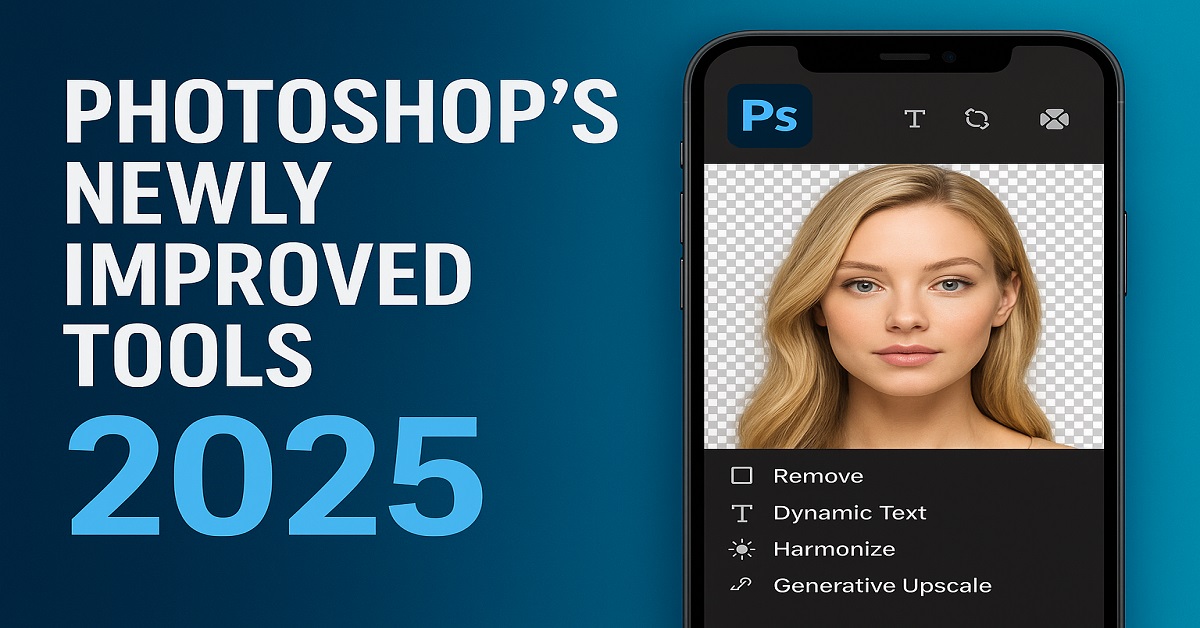
ChatGPT vs Google Google has long been the default choice when it comes to searching the internet, so much so that “Googling” has become a verb. However, the introduction of ChatGPT’s search functionality marks a new chapter in how we access and interact with information online. ChatGPT offers a conversational, context-aware approach to answering questions, which some users find refreshing compared to the familiar Google interface. But can ChatGPT really compete with Google, or is it simply an intriguing alternative?
This blog post will delve into the strengths and limitations of both Google and ChatGPT, exploring how each platform caters to different search needs. We’ll look at why Google remains dominant, what ChatGPT brings to the table, and what the future might hold for search engines.
Why Google Remains the Default Search Choice
Google’s dominance in the search space isn’t just a matter of brand recognition. Google has refined its algorithms, results accuracy, and toolset over two decades, establishing itself as the go-to platform for most users. Google’s strengths lie in its extensive features, including Maps, News, Images, and Shopping, which offer a comprehensive, multimedia experience that no other search engine has managed to match.
Google’s knowledge graph, which pulls data from across the web, ensures that search results are both thorough and relevant. Features like featured snippets, which provide quick answers at the top of the search results, and the ever-evolving AI-driven overviews that appear for certain topics, make it easier than ever to get information without clicking through multiple links.
Reliability and Breadth of Results
When people need to search for specific information, Google’s index of billions of web pages provides a far-reaching source of information that covers nearly any topic imaginable. It’s built for reliability, constantly optimizing to ensure accurate and current results. From scholarly articles to recent news, Google’s algorithm is fine-tuned to deliver precise answers quickly.
For many, Google’s reliability is a significant reason it remains the default. The depth and breadth of results Google provides create a search experience that, for most users, feels comprehensive and trustworthy.
ChatGPT’s Approach to Search: A New Way of Finding Information
While Google delivers vast amounts of information efficiently, ChatGPT offers a different type of experience. OpenAI’s ChatGPT search isn’t just a “search engine” in the traditional sense; it’s an AI-powered conversational tool. This approach is designed to interpret and respond to user questions in a way that feels natural and engaging. Instead of directing users to various sources, ChatGPT provides answers that feel personalized, concise, and focused on the user’s specific needs.
Cleaner, Context-Aware Conversations
ChatGPT excels in creating context-aware conversations, making it easy to explore complex topics or clarify follow-up questions without rephrasing or refining your search terms. This conversational flow allows users to “chat” their way to the answer, moving through related questions or subtopics. For instance, if you’re researching a historical event, you can ask ChatGPT for details on specific figures or dates, and it will remember the conversation’s context, offering answers in a more nuanced way than a standard search engine.
User-Friendly Interface
One advantage ChatGPT has over traditional search engines is its streamlined, distraction-free interface. Rather than displaying ads, links, and snippets from numerous sources, ChatGPT presents a clean, focused answer. For some users, this direct interaction is a breath of fresh air, providing them with clear, immediate answers without the need to filter through additional links or irrelevant results.
While ChatGPT’s approach may not be perfect for all search needs, it demonstrates how search could evolve in a more user-centric direction. Users seeking clarity on specific questions or interested in exploring a topic more conversationally may find ChatGPT to be an appealing alternative to Google.
Where Google Outshines ChatGPT
Despite ChatGPT’s innovative approach, it has limitations that keep it from fully replacing Google as the primary search tool for most people.
Depth and Accuracy of Results
Google’s massive index of web pages, refined algorithms, and established track record make it a highly reliable tool for in-depth research. ChatGPT, on the other hand, is limited by the data it was trained on and lacks real-time information access. If you’re searching for breaking news, scientific studies, or nuanced technical content, Google will provide more comprehensive and up-to-date results.
Moreover, Google’s search algorithm is built to verify information, cross-referencing multiple sources and assessing authority, which increases the accuracy of the results it provides. ChatGPT, though advanced, cannot independently verify information in the same way, leading to occasional inaccuracies.
Lack of Integration with Other Tools
Google’s ecosystem extends beyond just search. Tools like Google Maps, Gmail, Drive, and YouTube are deeply integrated, providing a seamless user experience across Google’s suite of services. Additionally, Google’s knowledge graph and “people also ask” features make it easier to explore related topics without requiring multiple search queries.
By comparison, ChatGPT’s AI-based responses, while conversational, lack the multimedia integration and interconnected functionality that Google offers. For instance, if you need directions, a local business listing, or the latest trending videos, Google offers these functionalities instantly—an area where ChatGPT lags.
The Potential Shift: Could ChatGPT Influence Google’s Future?
Despite Google’s clear advantages, ChatGPT’s conversational approach has captured the attention of tech enthusiasts and everyday users alike. Its unique format highlights potential improvements in how we search for and interact with information. ChatGPT demonstrates a vision where search engines are not just information retrievers but personalized conversation partners.
For example, a future where ChatGPT becomes a more viable search tool could involve deeper integration with web resources and real-time data. If OpenAI adds features like real-time search, improved accuracy checks, and browser extensions to make ChatGPT more accessible, it could potentially challenge Google’s dominance in specific areas of search.
Google’s Response to Conversational AI in Search
Google isn’t ignoring the rise of conversational AI. The company has invested heavily in developing AI tools to enhance its search capabilities. Google’s AI-powered Bard and other AI-driven updates are examples of how the company is evolving its search engine to incorporate more conversational elements. However, Google’s core search platform still prioritizes accuracy, relevance, and comprehensiveness over purely conversational interactions.
It’s likely that Google will continue to integrate conversational AI to compete with platforms like ChatGPT, but without compromising the reliability and depth that have defined its success. For now, Google seems to be pursuing a middle ground, experimenting with AI while preserving the traditional search experience that millions of users rely on daily.
Will ChatGPT’s Search Gain More Traction?
Whether ChatGPT will grow into a true search competitor remains to be seen. OpenAI’s tool has drawn attention and generated discussions about the future of search engines, but there are challenges ahead. Widespread adoption would require not only improving ChatGPT’s capabilities but also convincing users to break long-standing habits.
If OpenAI were to introduce a browser extension or Chrome plugin that allows users to set ChatGPT as their default search engine, it could accelerate adoption. Such features could make ChatGPT more accessible for users who are open to an alternative search experience but find it inconvenient to switch tools manually.
Final Thoughts: The Future of Search is Both AI-Driven and Diverse
For now, Google remains the dominant search engine, with its extensive capabilities, reliability, and integrated ecosystem of tools. However, ChatGPT’s unique conversational approach brings a refreshing alternative, proving that there’s room for innovation in the search landscape. ChatGPT may not yet be able to replace Google for comprehensive information needs, but it serves as an exciting glimpse into what a future with more personalized, interactive search could look like.
The search industry is likely to see significant changes as AI technology evolves. Whether Google and ChatGPT will converge in approach or continue to differentiate themselves, the rise of conversational AI has undoubtedly set the stage for a more diverse and user-focused way of navigating the web. As users, we can look forward to a future where search engines cater to a broader range of preferences, whether we’re looking for quick answers, deep dives, or AI-driven conversations.
So, while Google remains my go-to for most searches, I’m keeping a close eye on ChatGPT and OpenAI’s continued progress. Who knows? In a few years, we might be seeing a very different search landscape—one where conversation and search truly come together.







